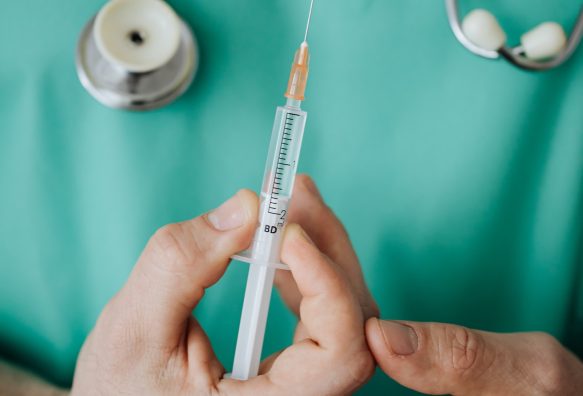hellllo
Skip to content

Erectile dysfunction (ED) affects a growing number of men in the United States and abroad, with significant impacts on sexual function and overall quality of life. The risk factors for ED are numerous and include a strong link to cardiovascular disease, such that men with ED should be screened for cardiovascular disease. The evaluation of men presenting with ED includes a comprehensive history and physical exam to aid in the identification of comorbidities, as well as laboratory testing to evaluate hormone and lipid levels and sugar metabolism.
There are numerous causes of testis pain, including infection, inflammation, and varicoceles. Most of the time, testis pain can be treated non-surgically. However, in rare cases, a varicocele repair or denervation of the spermatic cord procedure can be helpful.


Peyronie’s disease is an abnormal curvature of the penis when it is erect. It is estimated that up to 5-9% of men suffer from Peyronie’s disease. The average age of onset of this disease is 57 years old, and the disease becomes more common as men become older. The cause of Peyronie’s disease remains unknown. However, many believe that it is due to blunt penile injury or repeated trauma associated with sexual activity. Men will present with a plaque or a “knot” in their penis and/or a curvature of their penis. Significant penile curvatures can result in pain, poor erections, and an inability to engage in sexual intercourse.
Premature ejaculation (PE) is a male sexual dysfunction characterized by ejaculation, which almost always occurs within approximately one to two minutes of vaginal penetration, and this results in distress for the male.








Dr. Khera earned his undergraduate degree at Vanderbilt University. He subsequently earned his Masters Degree in Business Administration and his Masters Degree in Public Health from Boston University. He received his Medical Degree from The University of Texas Medical School at San Antonio and completed his Urology residency training in the Scott Department of Urology at Baylor College of Medicine.
At Baylor, he completed a one-year general surgery internship and then went on to complete a five-year residency program in Urology. After completing his Urology residency, he went on to complete a one-year fellowship in Male Reproductive Medicine and Surgery at Baylor. Currently, he is a Professor in the Scott Department of Urology at Baylor College of Medicine, and he holds the F. Brantley Scott Chair in Urology. Dr. Khera specializes in male and female sexual dysfunction, Men’s Health, and hormone replacement therapy.
Dr. Khera also serves as the Director of the Laboratory for Andrology Research, the Medical Director of the Baylor Executive Health Program, and the Medical Director of the Scott Department of Urology. He also serves as President of the Sexual Medicine Society of North America.